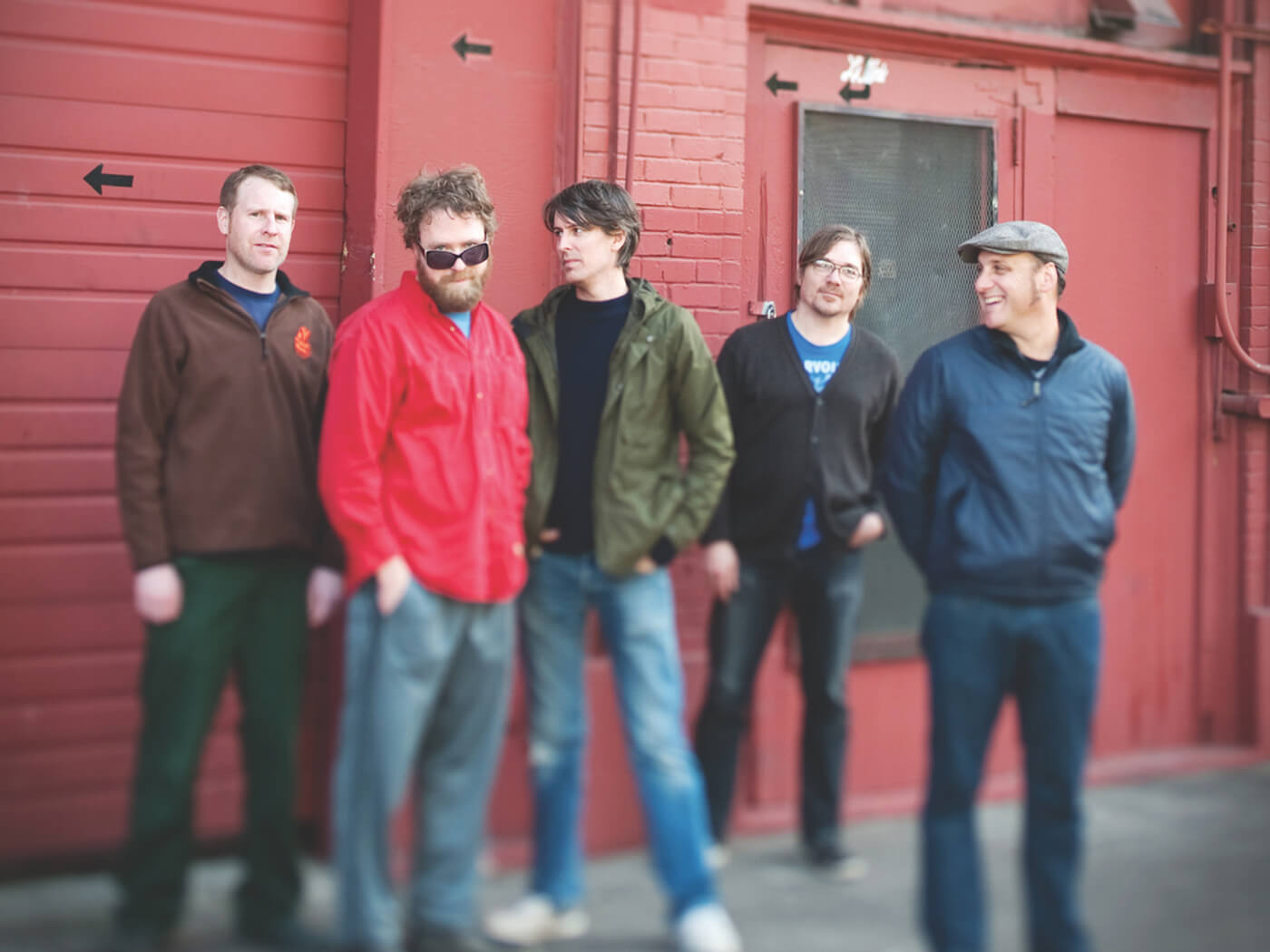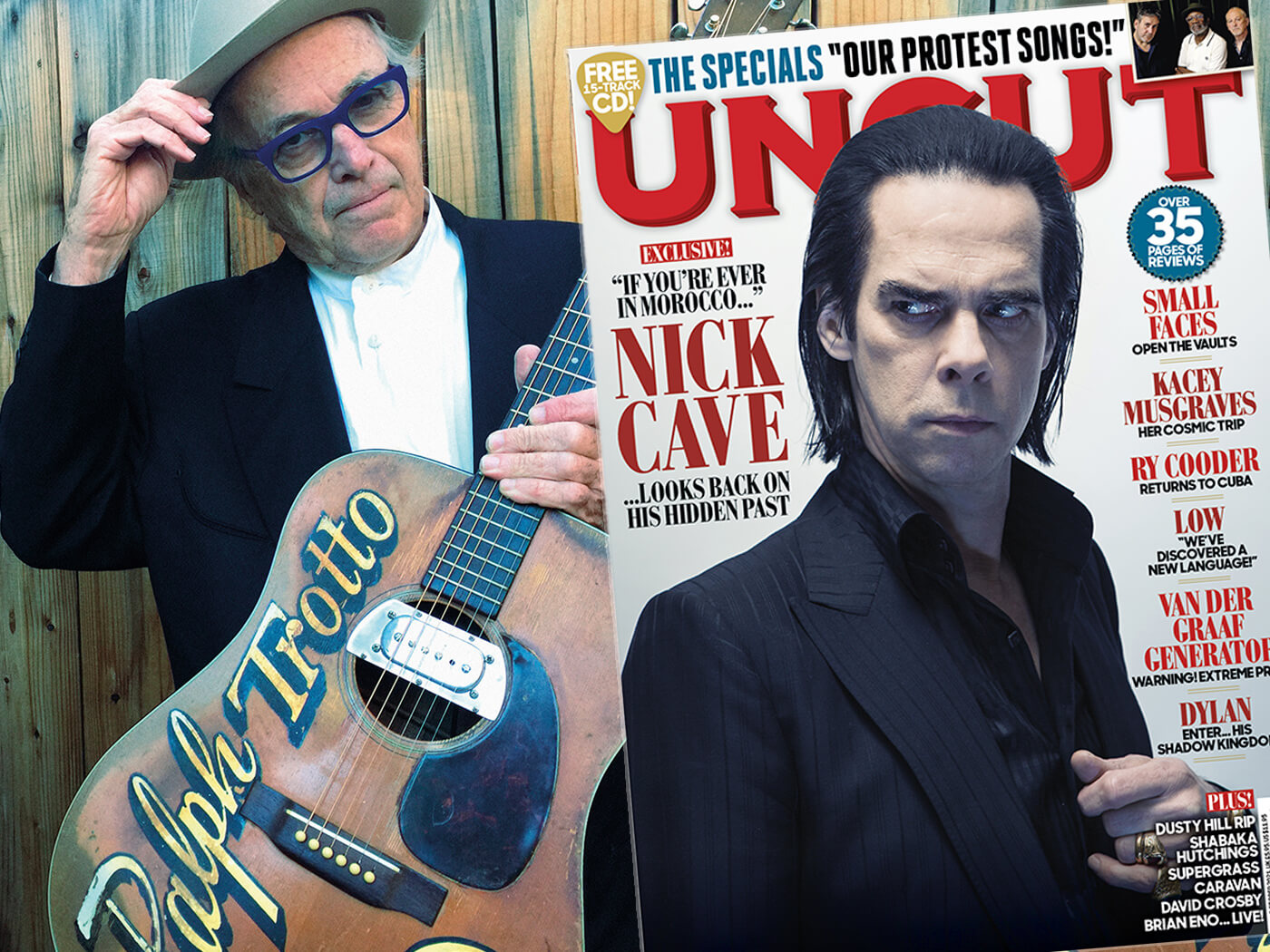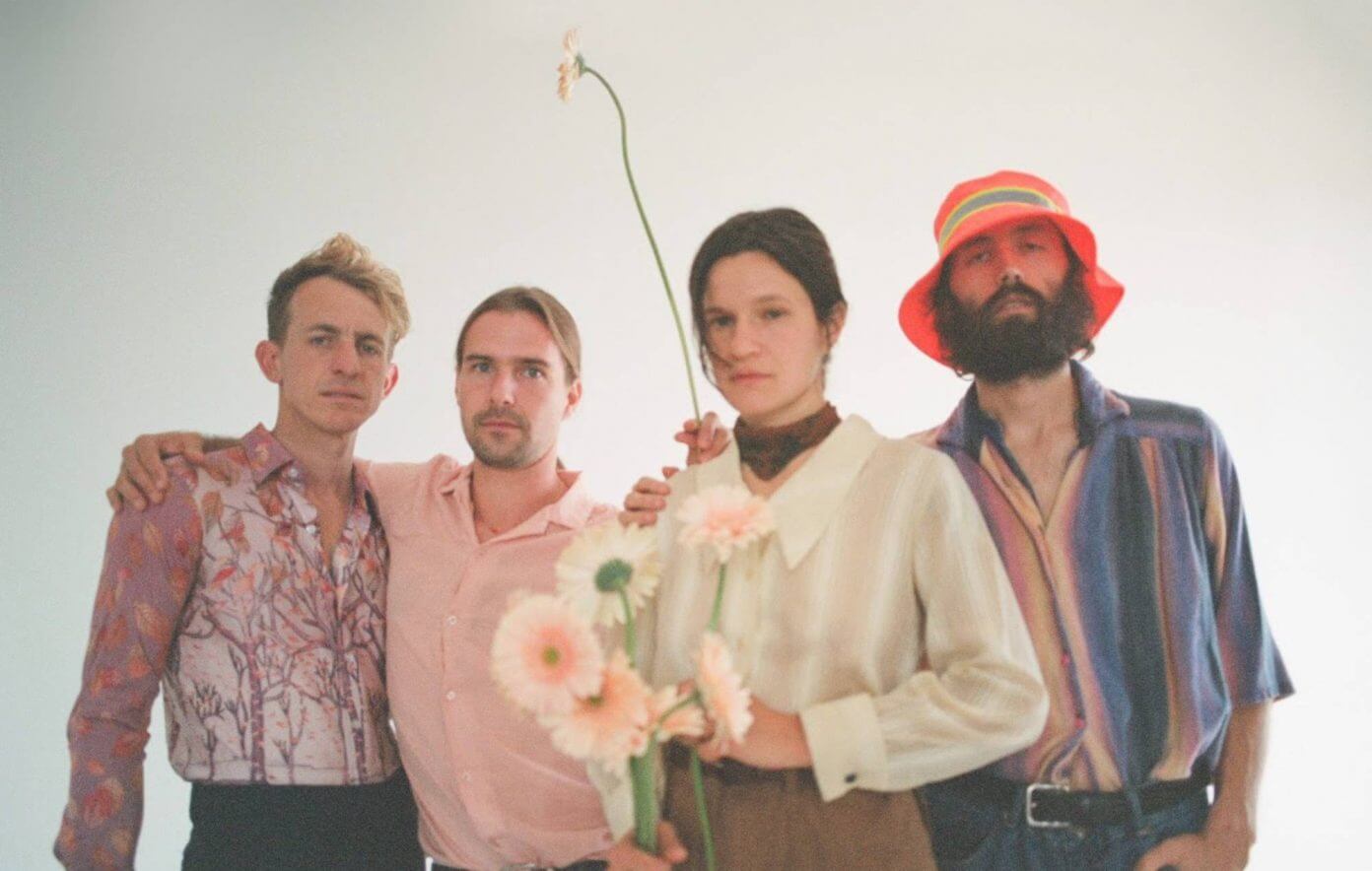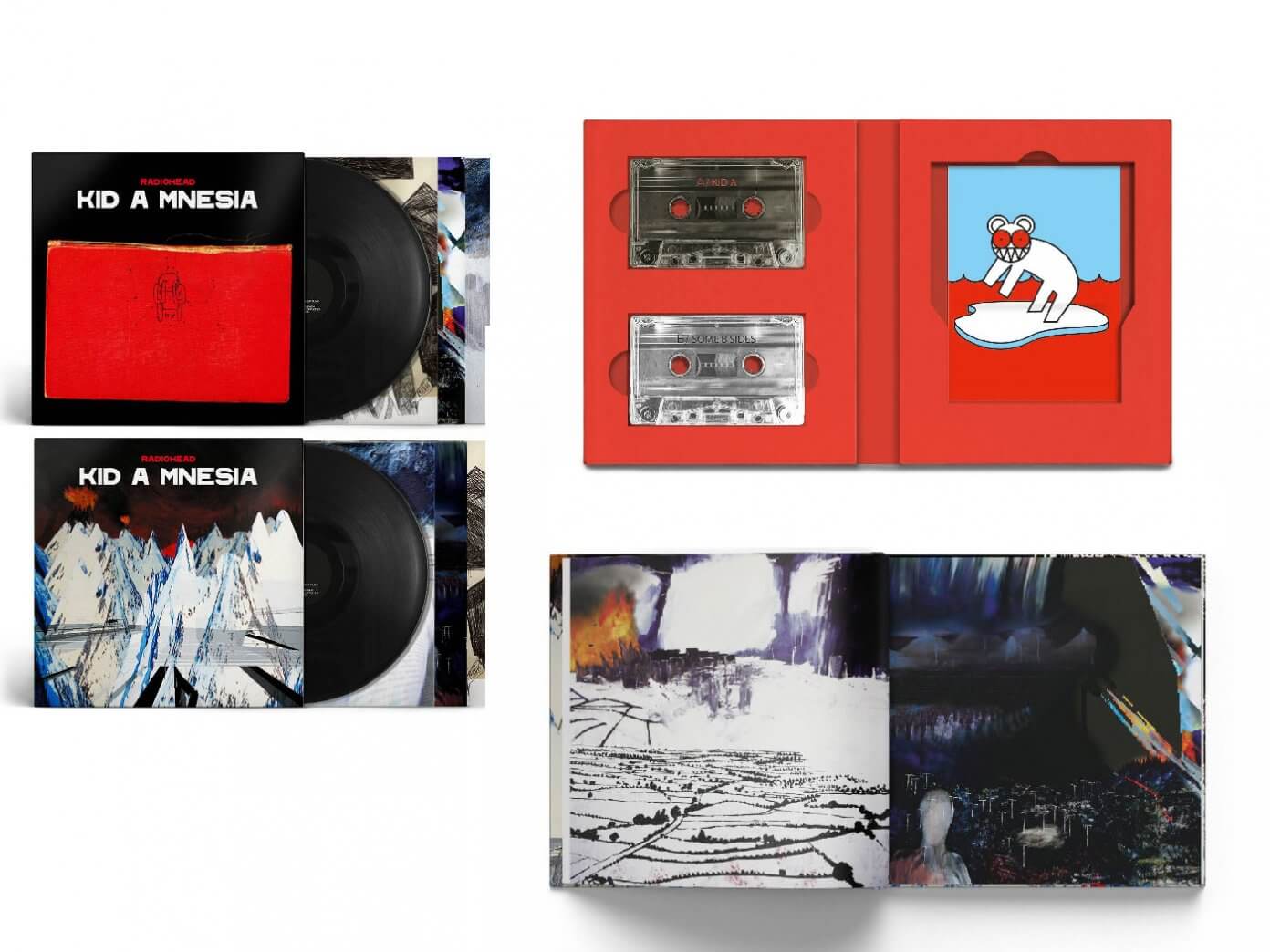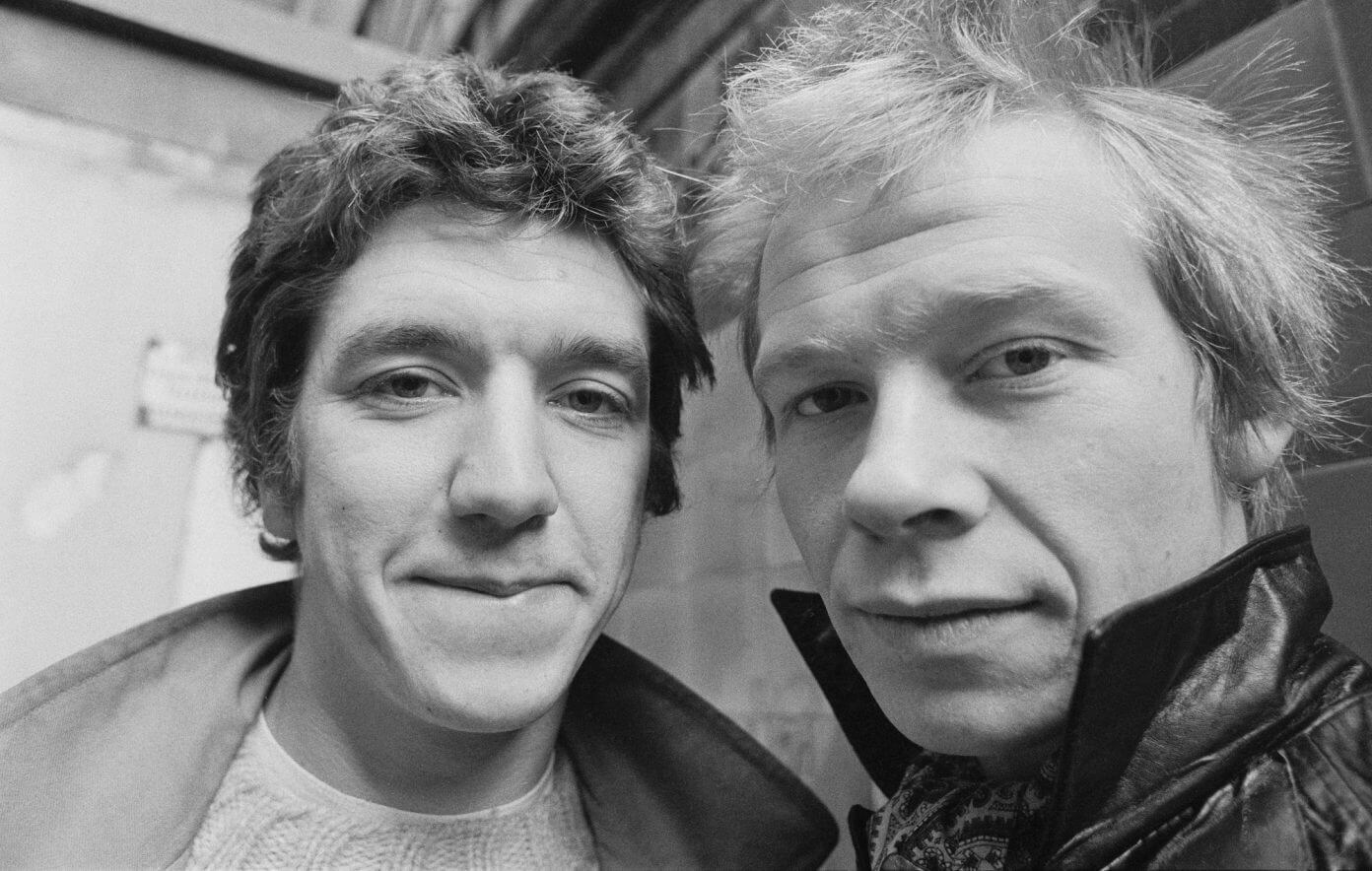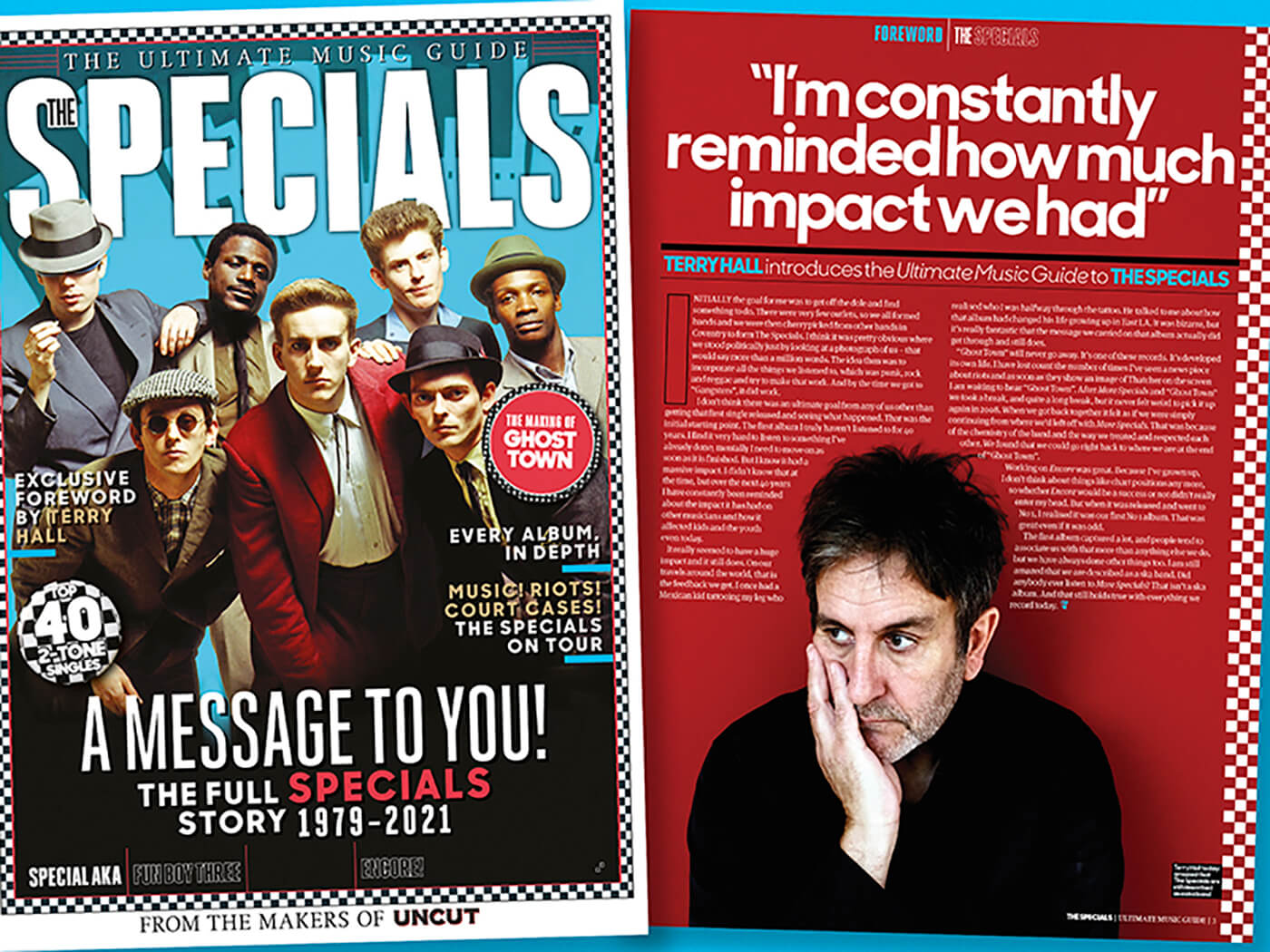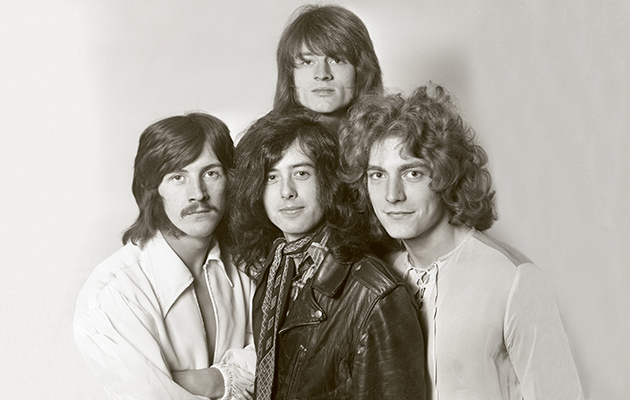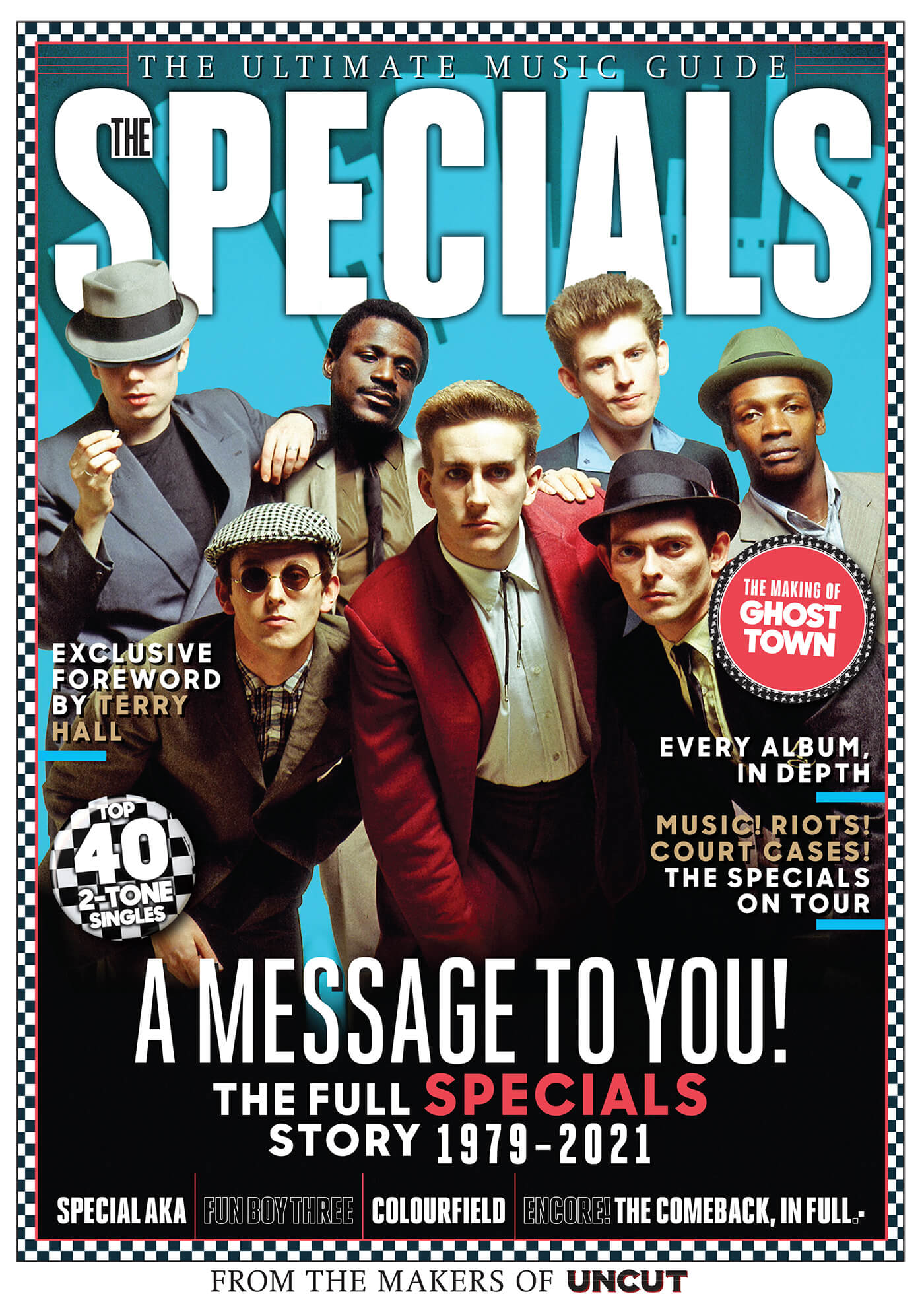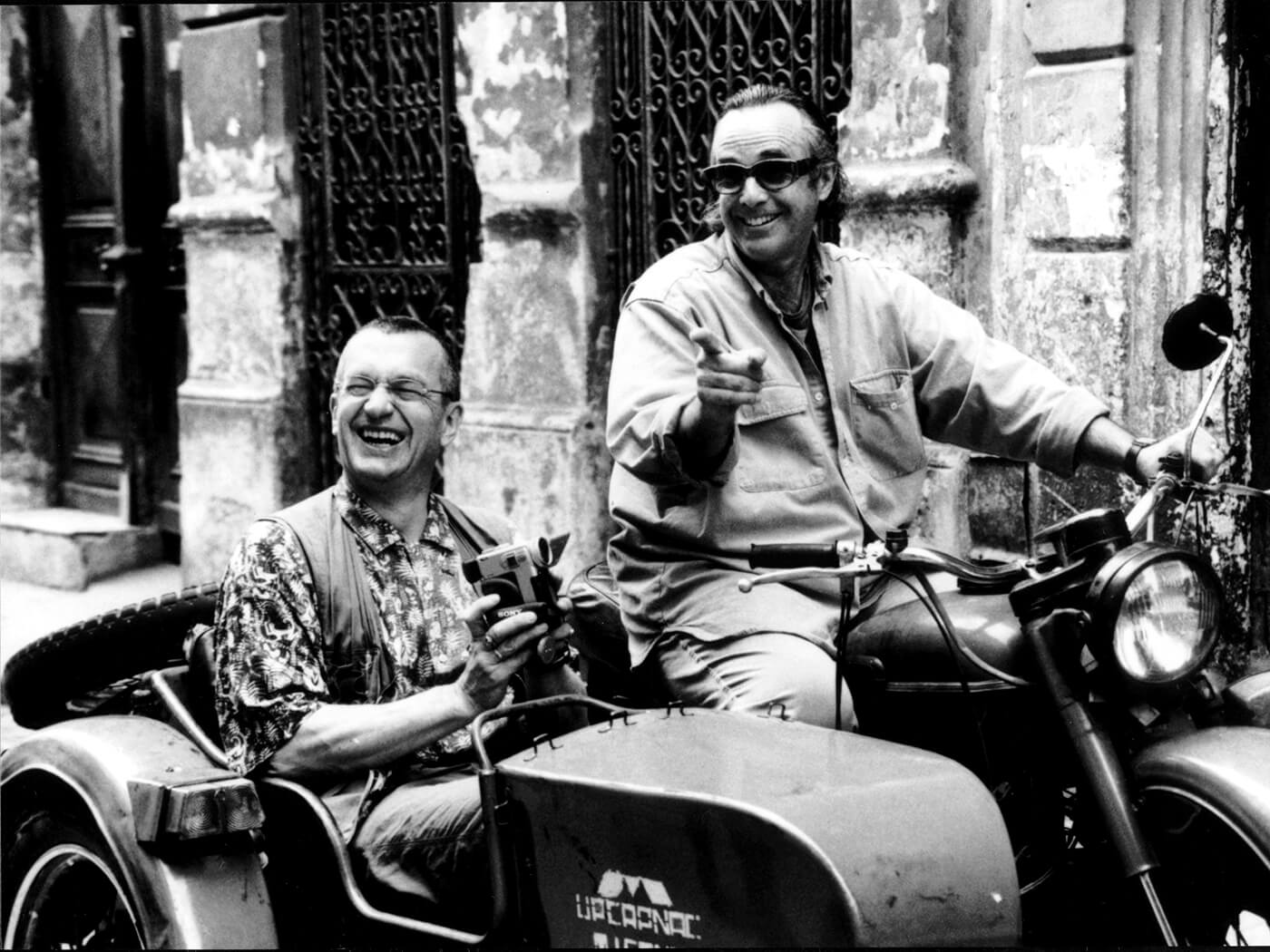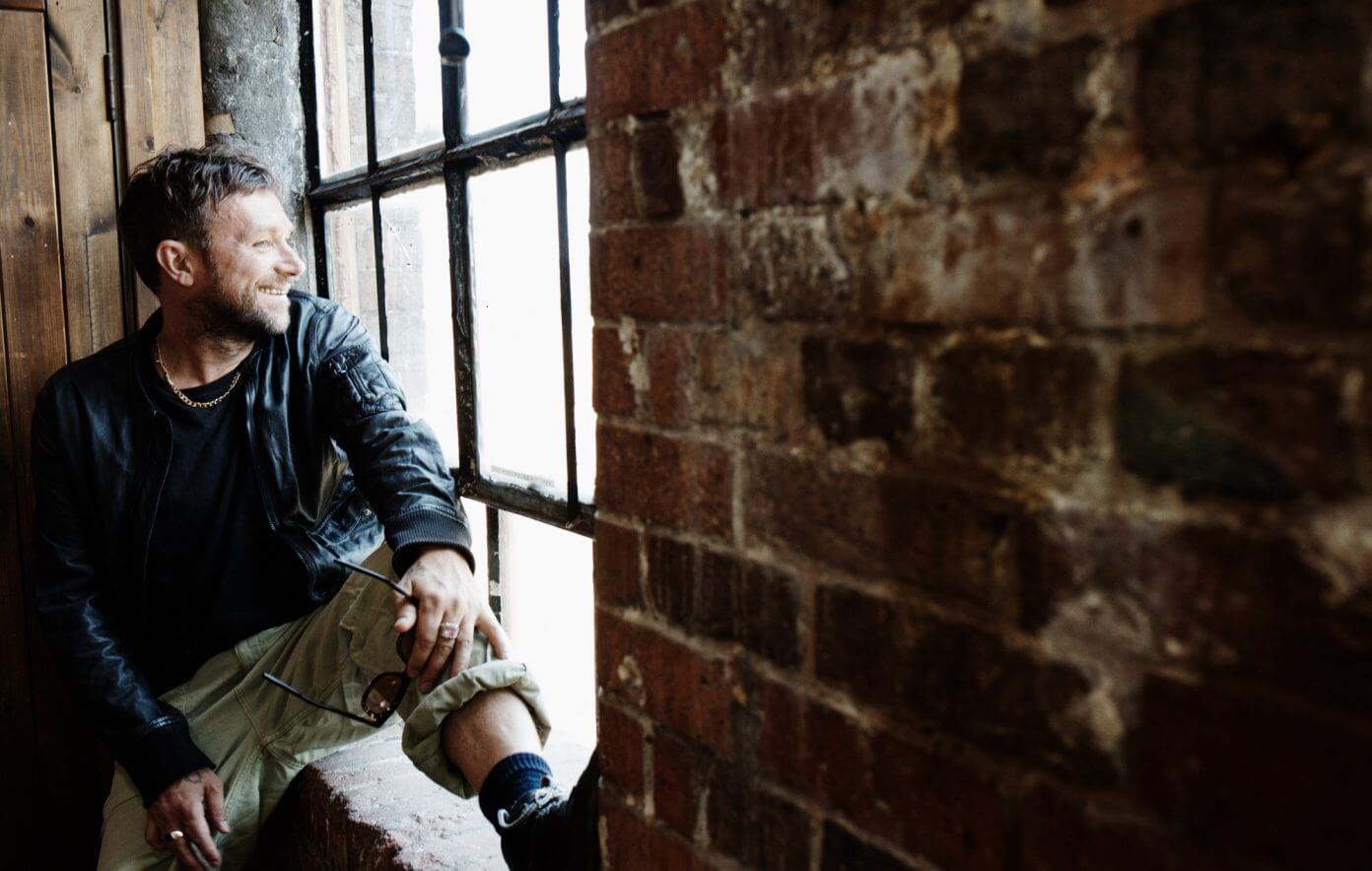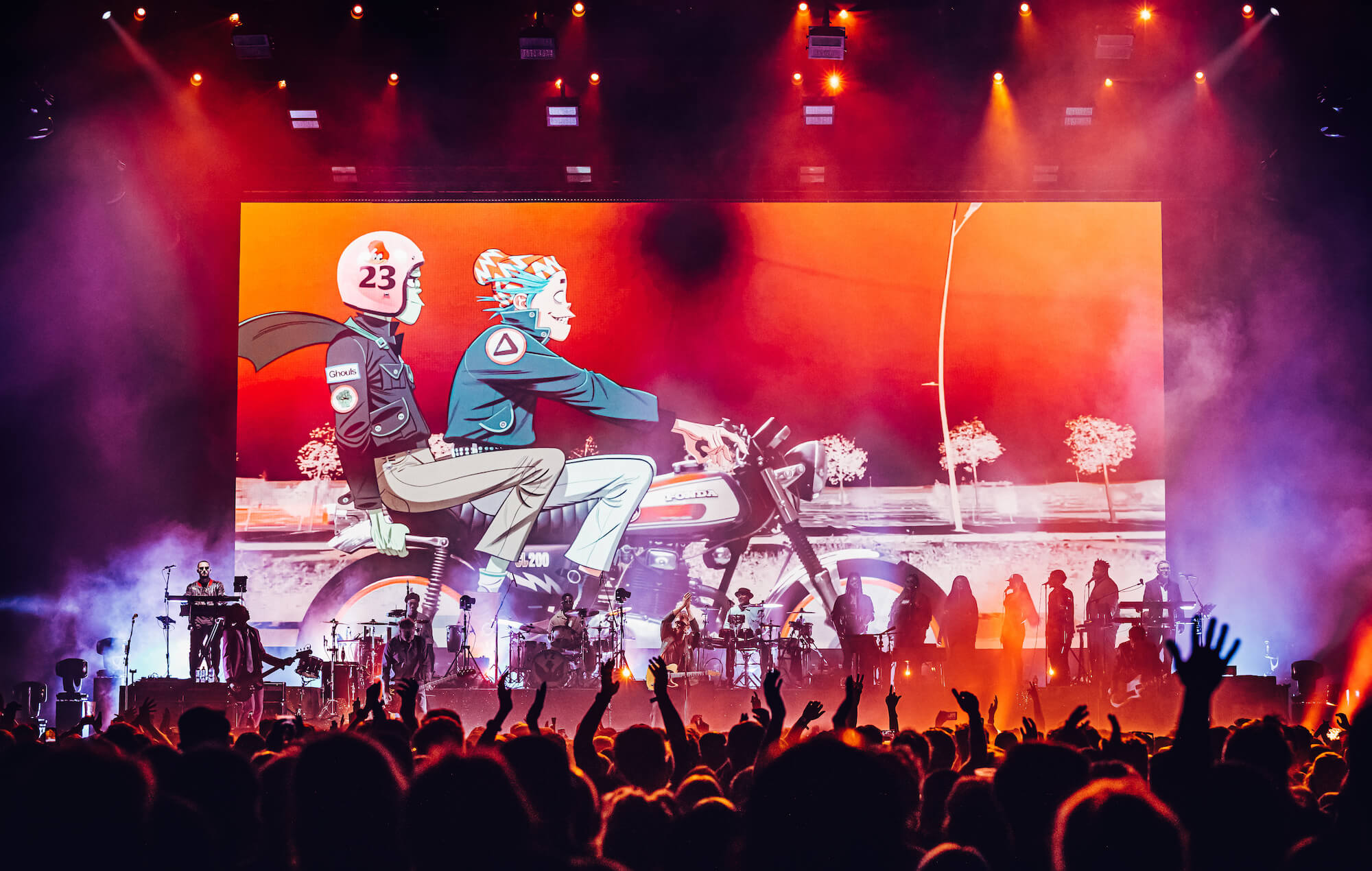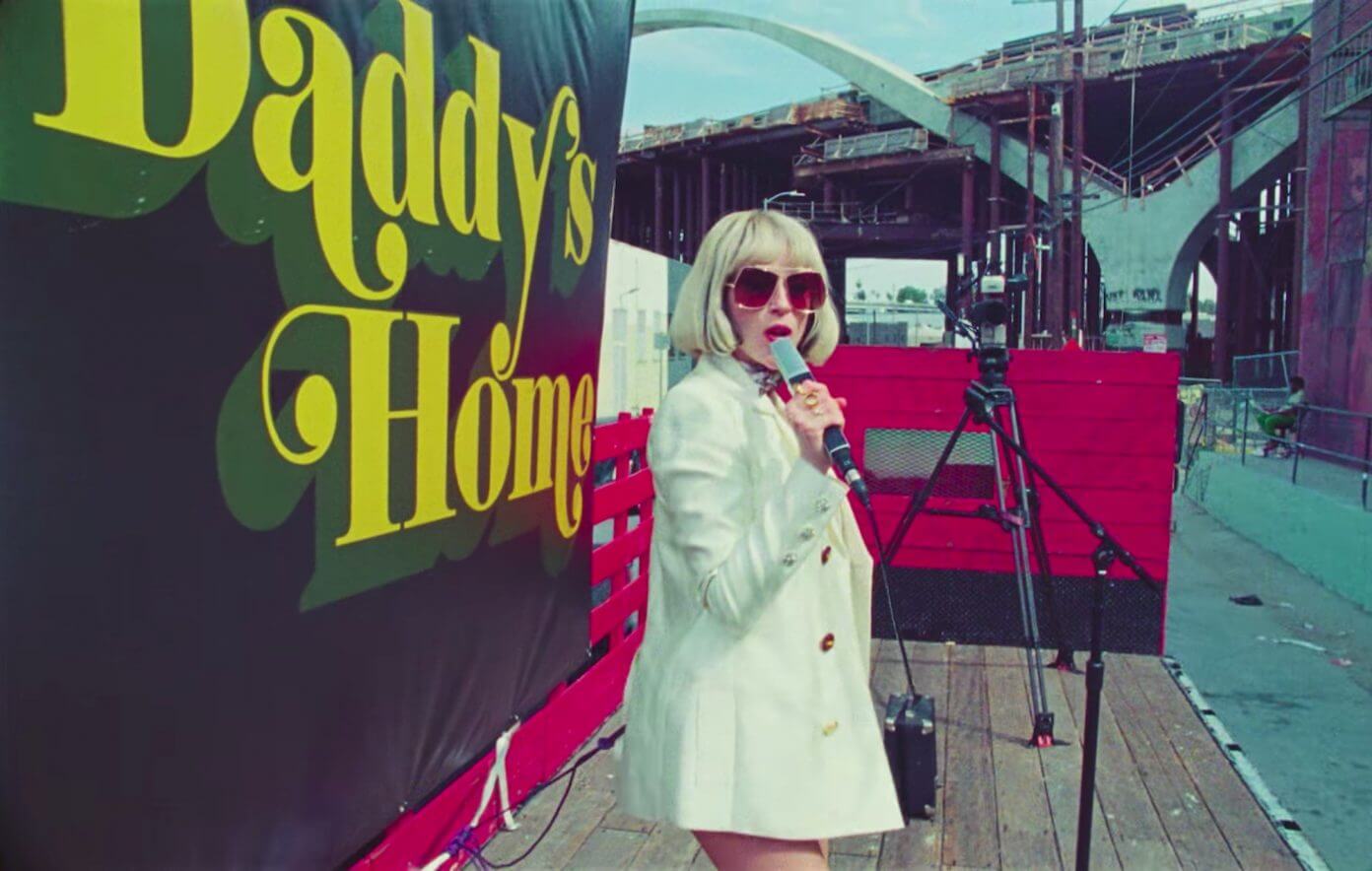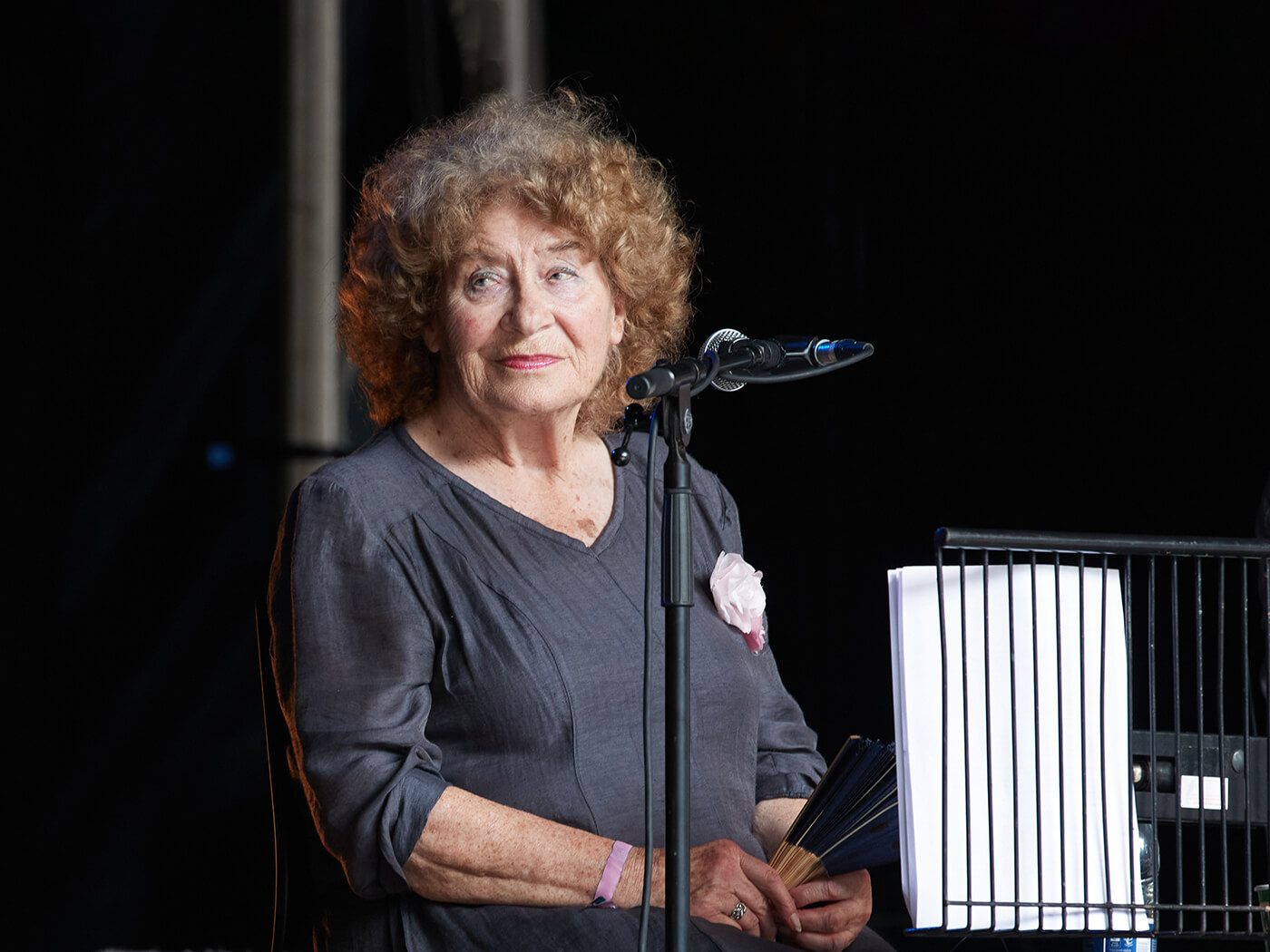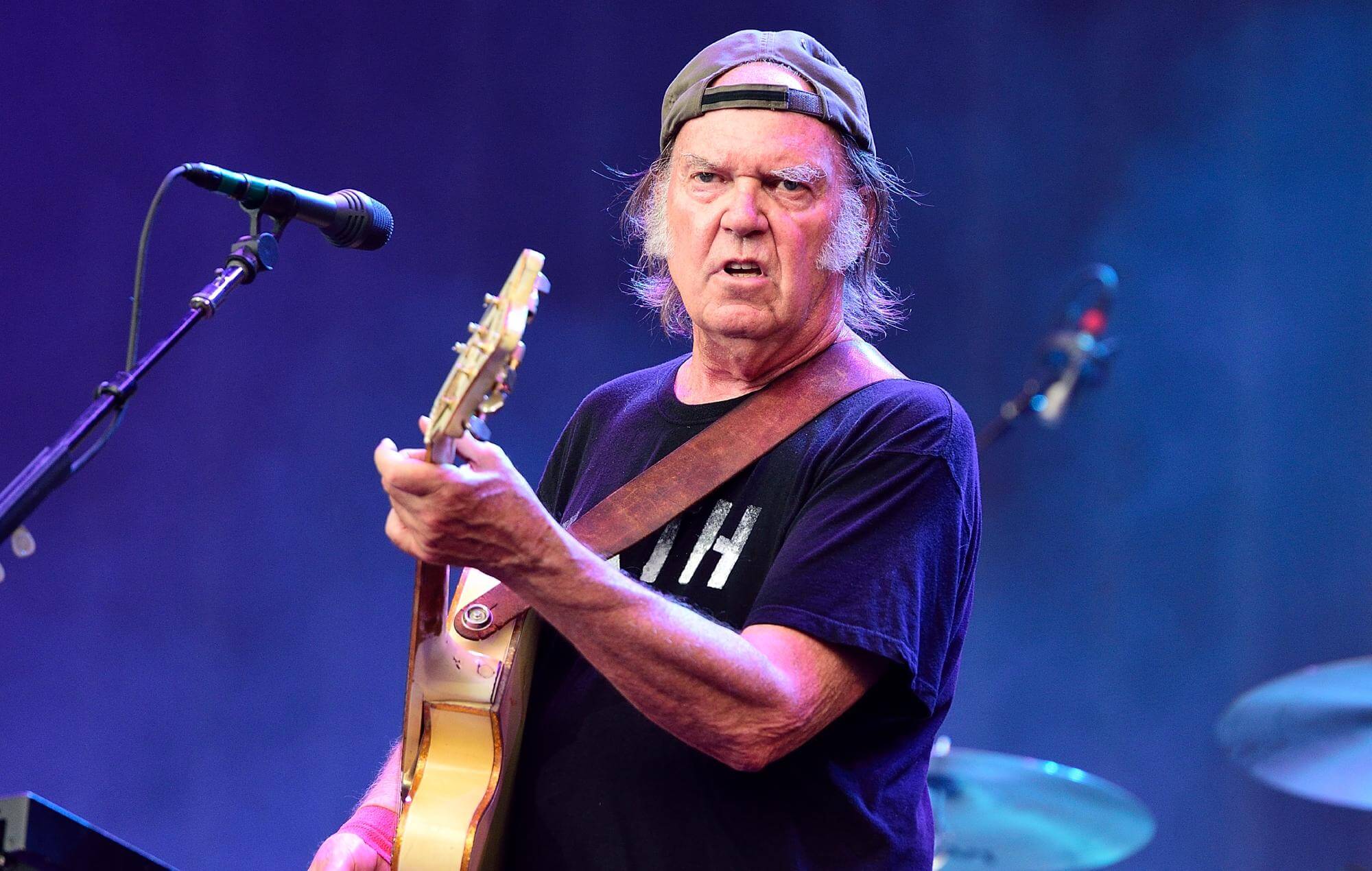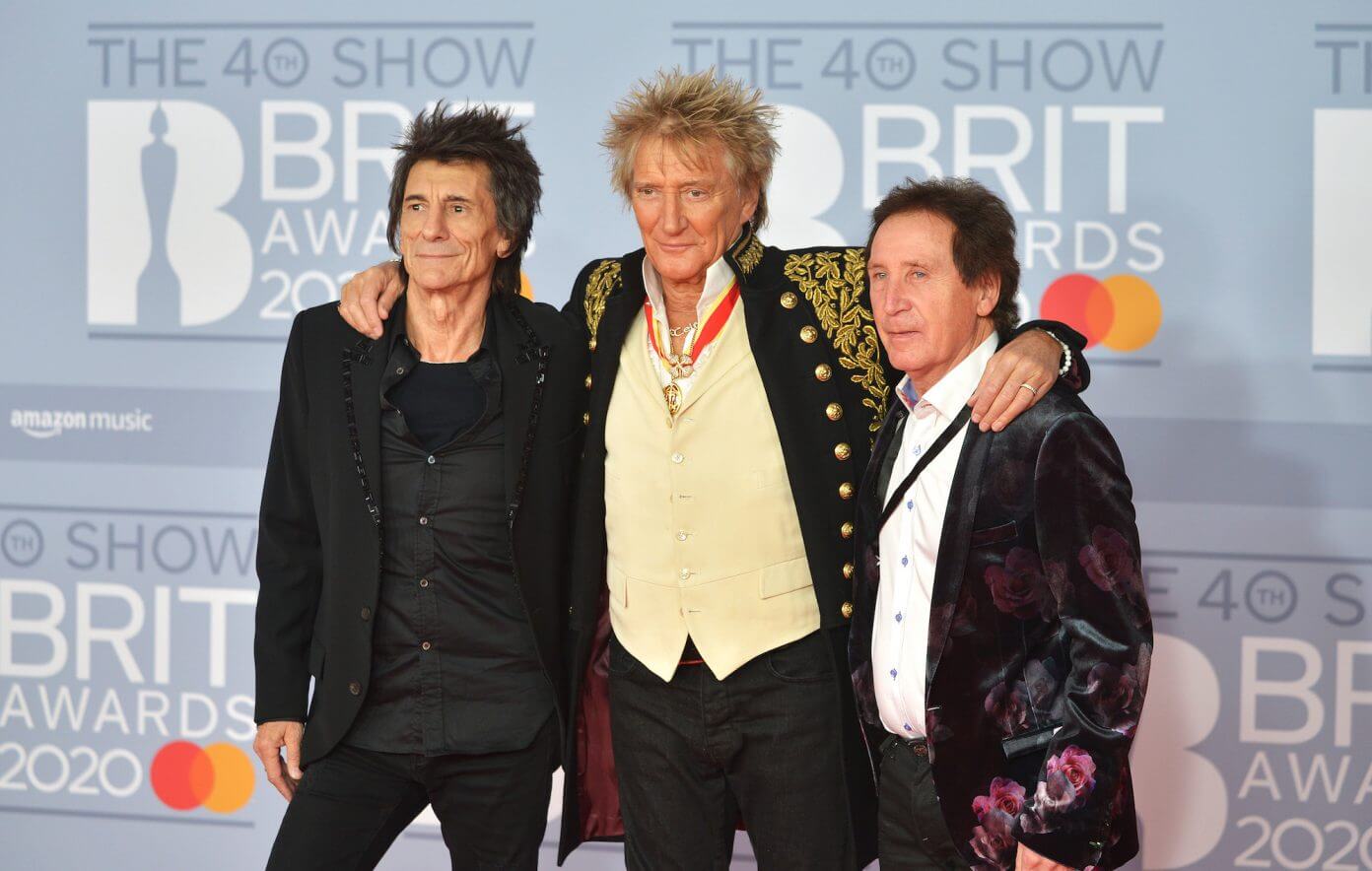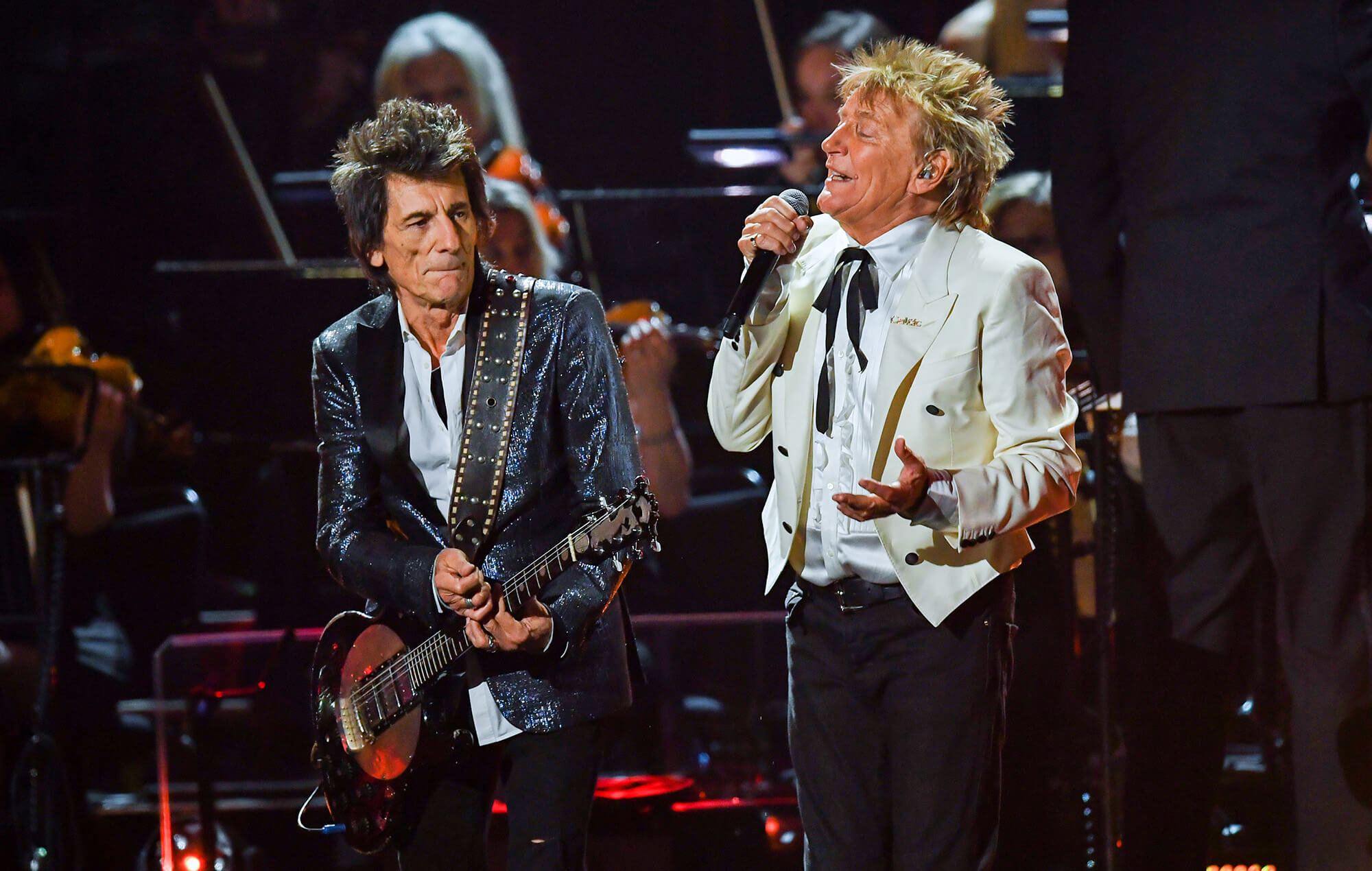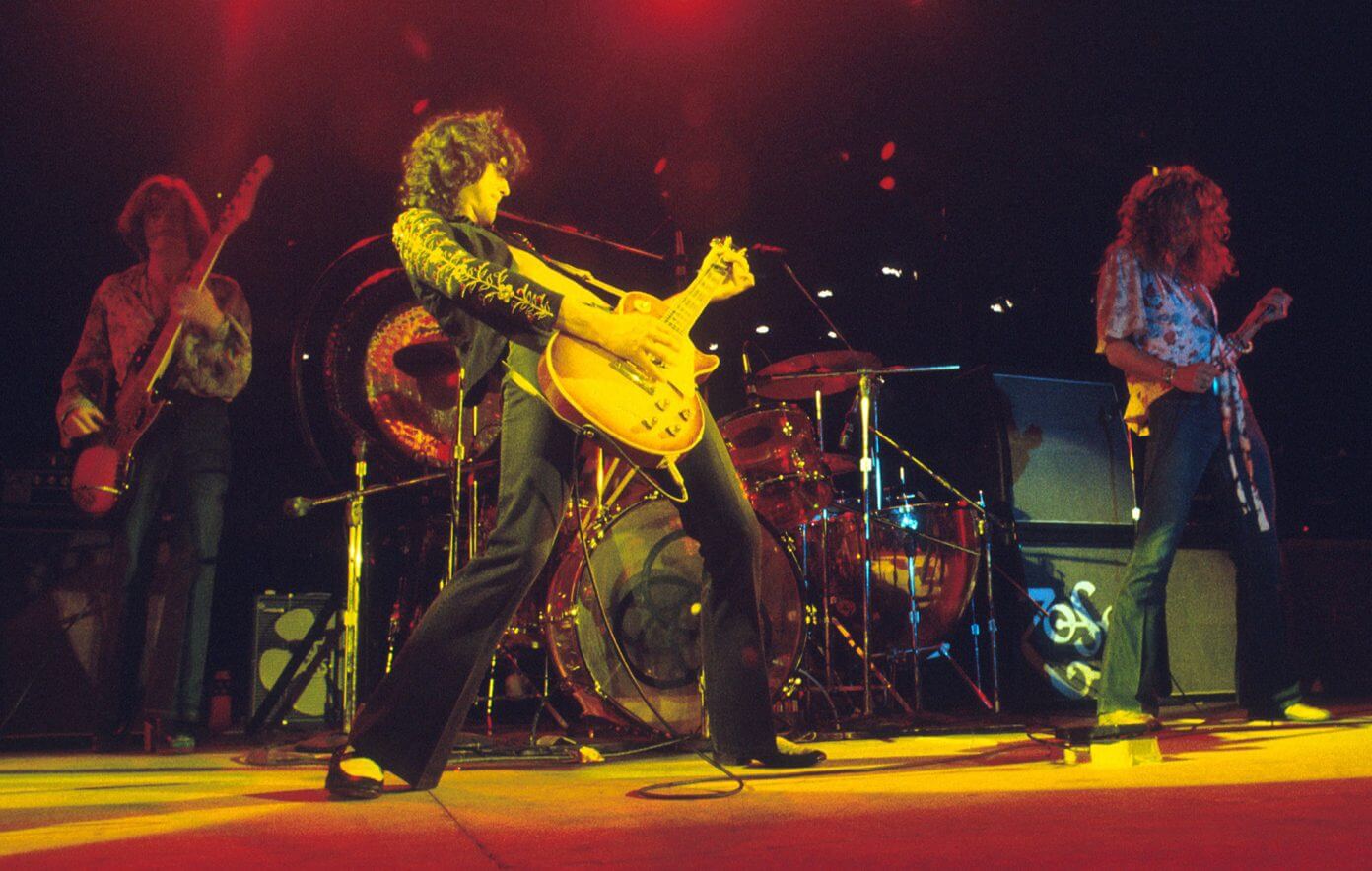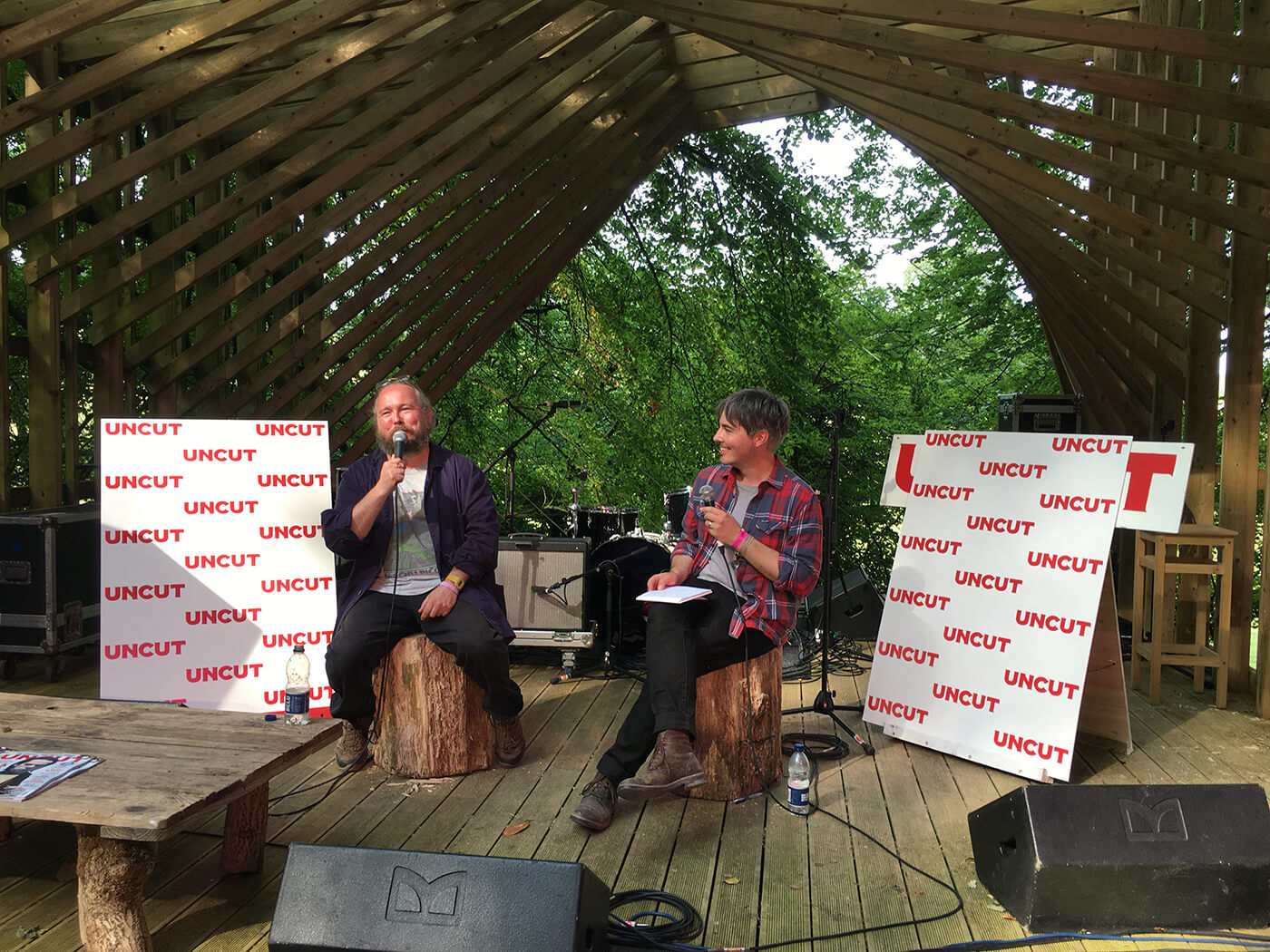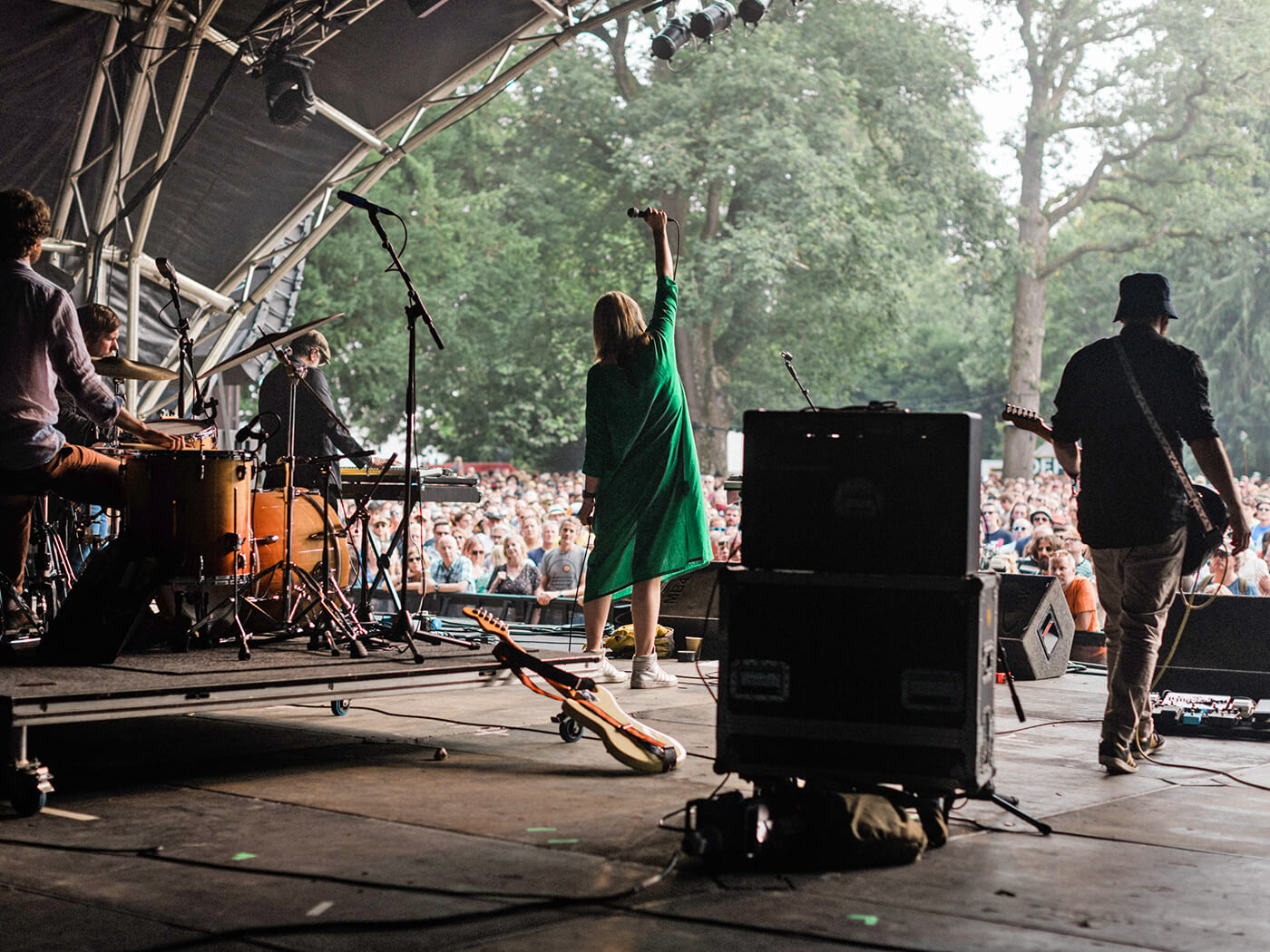The October 2021 issue of Uncut magazine features new interviews with Ry Cooder and Wim Wenders about the legendary Buena Vista Social Club album and its companion film. For space reasons, we could only run part of the interview with Wenders; here it is, though, in full.
Can you give some background on your relationship with Ry Cooder prior to making Buena Vista Social Club and what attracted you to the project?
WIM WENDERS: Ry and I knew each other since the late Seventies. When I made Hammett for Zoetrope studios, I had suggested Ry to record the score for the film. But the studio flatly refused. “We don’t need a guitarist we need a composer.” Well, I must admit, at that time Ry had never scored a film. But I knew he had it in him. I loved his music and especially his bottle neck style. Anyway, Ry and I had to abandon our first cooperation, but we promised ourselves, “The next time we have a chance somehow to work together on a film, we’ll do it!” That chance became Paris, Texas, five years later. It was my own production and nobody could tell me what to do or not to do. And Paris, Texas certainly established Ry as a film-scoring genius.
A few years later, we made End Of Violence together, in 1997, and it just so happened that Ry had come back from his first trip to Havana when we went into the studio to record the score. I found Ry strangely unconcentrated during that process. He would often just sit and look into the distance, instead of being enthusiastic about the work at hand. So eventually I asked him, “What’s wrong, Ry? You seem to be somewhere else with your thoughts.” He laughed and said, “You’re totally right. In my mind I’m still in Havana. Sorry.” “What’s in Havana,” I asked him, not knowing anything about his previous engagement. “Well,” he said, “a lot! I probably just did the best work of my life there.” Wow, that interested me! I asked him to let me hear something, and he first was very reluctant. “It’s not finished yet, not mixed or anything.” “Well, let me hear it, anyway!” So, finally, he gave me an audio cassette, an unmixed rough tape of the first Buena Vista Social Club sessions. “Don’t let anyone else listen to it! Promise! And give it back to me tomorrow!”
Well, that evening I drove home and put the cassette into my car’s tape machine. I drove and listened. What I heard, blew my mind. I heard “Chan Chan” and all those songs for the first time. It didn’t matter that it was unmixed. It was simply full of an extraordinary energy, spirit and musical drive. I had not the slightest idea who these musicians were – Ry had not made any indication whatsoever – I was sure that this was the most amazing band of talented Cuban musicians who must have played together for a while already. The music felt so tight, and it was electrifying, contagious, you couldn’t help but being swept away by it. And Ry’s own addition, his unmistakable slide guitar, was an essential element. It lifted the whole thing up, I felt.
I continued driving for hours, knowing at home I couldn’t play that tape anymore. The next morning, I gave Ry his cassette back. “Now I understand,” I said. “This is truly unbelievable music. Who are those kids you recorded this music with?” Ry burst out laughing. “They aren’t exactly kids, man! Some of them are in their eighties!” That, I must admit, I could simply not believe. I had felt such a youthful liveliness in those tunes, so I really thought he was exaggerating. “Well, if you want to see for yourselves, come with me next time. I have to return there eventually for the next session. And bring your camera. These guys deserve a bit of attention.”
We didn’t speak about the idea until a few months later, when Ry called me, out of the blue to say that next week he was going to Havana. “You wanted to come with me and film.”
He had given me one week! I had no crew, no financing, nothing. In a hurry, I just got a minimal crew together: a steadycam cameraman, Jörg Widmer, my old sound engineer from my early days, Martin Müller, Rosa Bosch as production manager and coordinator, and together with Donata, my wife, the five of us left for Havana, not knowing what would possibly be in store there for us.
Your film captures people on the cusp of an enormous life change. Was that dynamic apparent at the time?
WENDERS: Not at all. When I met those guys, and that one fabulous lady among them, Omara Portuondo, they were still completely unknown. And poor. Just imagine: Rubén González didn’t even own a piano at home! This genius musician couldn’t play his instrument! When he heard, for instance, that our little film crew would always arrive an hour earlier at the Egrem studios, where the recordings took place, and that the studio doors therefore opened at 8, not at 9, he was there at 8, so he could sneak into the door and run straight to the grand piano and play, without even taking his coat off. He was so eager to play, he couldn’t wait. They all lived in poor conditions. Ibrahim had still been shining shoes, until Ry had asked for him. These men had been entirely forgotten. Time had passed them by. None of them had any idea what was going to happen to them soon.
Can you talk a little about the logistical problems you faced shooting in Cuba?
WENDERS: We faced only two problems: electricity and food. Both were general problems on the island. Electricity was sporadic. It would come and go. Sometimes, there was just no electricity for hours. The “Egrem” studio had their own little generator, so the recording machines would still run, and a few lights. The musicians basically played in the dark or at very low light levels. For our film, we needed more light, so with the help of the Cuban Film Institute ICAIC we got an old generator truck and parked him in front of the studio. But that truck often gave up as well, so we tried to invent scenes every day that we could shoot outdoors, instead of having to wait for hours for the electricity to come back.
The other problem was food. The crew and the musicians worked hard and for long hours. So we needed to put food on the table for lunch or dinner breaks. And I did not accept that our little film team would go back to the Nacional Hotel for eating, I wanted us to eat with the musicians. It turned out to be a full-time job to have enough on the table, twice a day. Simple things, rice, chicken, beans… The only thing that was easy to get was rum. And cigars.
How would you describe the atmosphere in the room when the music was being made?
WENDERS: For the first two days, the atmosphere was rather tense. Ry had introduced our little team to the musicians and declared that we would be there for the recordings. The musicians were not so sure if that was a good thing. Maybe these people from Germany would be a nuisance and disturb their concentration? They didn’t know us at all. Everything changed on the third day. At lunch, the musicians went into the lobby to eat, while we, the film crew, organized ourselves for the afternoon. Jörg, the Director of photography who was the steadycam operator at the same time, put his heavy gear into a corner and, not thinking much of it, took Cachaito’s stand-up base and started to play a bit on it, with the bow. Some Bach tune. Myself, I didn’t pay any attention, I was trying to figure out how we could do the next shots. What we didn’t know: the engineer had kept the microphones open, so the musicians in the lobby all of a sudden heard music in the loudspeakers and wondered where it was coming from. One by one, they came back into the studio, with their sandwiches and chicken wings, and watched Jörg play. He played with his eyes closed and didn’t even realize the excitement he caused. The whole band stood around him and listened and finally applauded. Jörg was embarrassed, but that little event changed everything. From there on, we were totally accepted and could do and film whatever we wanted.
Can you talk about your relationship with Ibrahim Ferrer, and his particular qualities?
WENDERS: Ibrahim was very shy at first. Not like Compay who immediately became friends with everybody. Ibrahim was very laid-back and listened and watched. But later, when we had visited him at home and walked around with him, he opened up and we became friends. And especially in New York, Ibrahim was very excited and realized more and more what was happening to him, also through the film. He was such a sweet man, modest and gentle and always thought of others first, not of himself. I loved that quality of his. He always shared everything with everybody.
The characters in your film are larger than life, almost like film stars. Did that influence the way you approached filming?
WENDERS: That is how I saw these men and this lady, from the beginning. They were indeed larger than life, each of them, not only the “stars” like Compay Segundo, Ruben Gonzalez, Omara Portuondo or Eliades Ochoa. Also the “supporting cast” like Pio Leyva or Puntilita Licea or others were incredible characters. They were proud of their songs and their tradition, they were proud of their talent, and even if the world had almost forgotten them, they believed in themselves and in their music. Their humility and their humour made it immediately clear, from our first encounter on, that I would film them like I had filmed “movie stars” like Peter Falk or Sylvia Sydney or Heinz Rühmann.
This project was a retrieval of a lost or neglected culture. Was there a political impulse behind it?
WENDERS: Not for Ry, and not for me. I realised, however, that the movie would have certain political implications. I did my best to keep politics out, also out of the edit, mainly for the sake of the musicians. Thousands of other Cuban musicians had left the country and gone to Spain, Mexico or Florida over the years. These people had stayed in Cuba, even if they had had plenty of occasions when they could have emigrated. They truly loved their country and could not conceive of living anywhere else. And none of them was “political”, so to speak. They had made it clear, in private, that they would appreciate if we left politics out of the equation. It could have made life hard for them.
What do you recall about shooting the live shows in Amsterdam and New York? These concerts were a kind of miracle for these musicians….
WENDERS: After we shot in Havana, we had no idea that the film would have any other chapters. I went back to LA, where I lived at the time, and started editing. I had hundreds of hours to deal with, anyway. There was talk, with Nick Gold and Ry, that the record company was trying to put a concert together, someday, somewhere, but it was vague. You see, these musicians never really formed “a band” before. They had all played in different constellations together, sure. But Compay had his band, Omara hers, Eliades was touring, but not as “Buena Vista Social Club”. That band was strictly an invention by Ry and Nick Gold. It had happened more or less by accident. The initial idea had been to record an album with Cuban and African musicians from Mali. But the Africans never made it to Cuba, for whatever reasons, maybe visa, and so Ry and Nick decided to work with those Cuban musicians they could find and they started putting together this band that they named “Buena Vista Social Club”.
And then, when I had edited already for quite some time, Ry called me and said: “Wim, it’s finally happening! Omara’s band and Compay’s band are travelling in Europe, and on such and such days , they will all be together in Amsterdam, and we can fly in the others. We can put them together to rehearse for two days and to then give two concerts! You must absolutely film this!”
So I got another crew together, the same people who had been to Havana with us, but also Robby Müller joined us who was living in Amsterdam. We filmed the rehearsals, day and night, and then the two concerts, with 4 or 5 cameras. It was a blast. These old guys, who had never been on stage together, were suffering from such heavy attacks of stage fright, that we thought we’d never get them on stage. Only rum did the trick in the end. But once they played that first not of “Chan Chan”, that stage fright was gone. The audience roared and got up, and from then on, the band was flying. The second day was ever better.
Again, I went back to the editing room with again, a few hundred hours of material more. And again I thought: that was it. Now make a film out of that. And then, again weeks later, Ry and Nick called again! “Carnegie Hall is up! We actually got visa for all the musicians for ONE night in Carnegie Hall!” That was indeed a real miracle. Somebody at the State Department had pulled some strings – mind you, that was still the Clinton presidency – and made those visa possible. So I got another crew together, we filmed frantic rehearsals in New York and one glorious night at Carnegie Hall, where the band was received like the Beatles. It was really like in a dream, also for us, as we were filming. I slowly realized that even if I had strictly made a music documentary, I had possibly shot a fairy tale instead…
Why do you think this entire project became so globally successful? What do you regard as its legacy?
WENDERS: It was all in the music! This was intoxicating, exhilarating stuff, and the world hadn’t heard anything like it for a long time. Cuba and its music had been largely forgotten. And there it was, all of a sudden, in all its glory and beauty. Plus these musicians were so adorable and they deserved that recognition so much. I traveled a lot in the years after the film, also made another movie, but wherever I went, the music of the Buena Vista Social club was there. I came home to Berlin, what was playing in the taxi from the airport? I went to Sydney, what was playing in the restaurants? The world had embraced their music big time. And here is what I (secretly) think was the key: Ry’s guitar! Secretly, I knew: if you took Ry’s guitar out of the mixes, the thrill was gone, somehow. The “sound” that he brought in was very subtle, it never dominated, and in the mixing sessions, Ry always wanted to bring his guitar even further into the background – I witnessed that – but it is part of the miracle that took place in these recording sessions and on these albums. That marriage of the contagious Cuban sound with his underlying electric guitar sound. His share is tremendous.
INTERVIEW: GRAEME THOMSON


